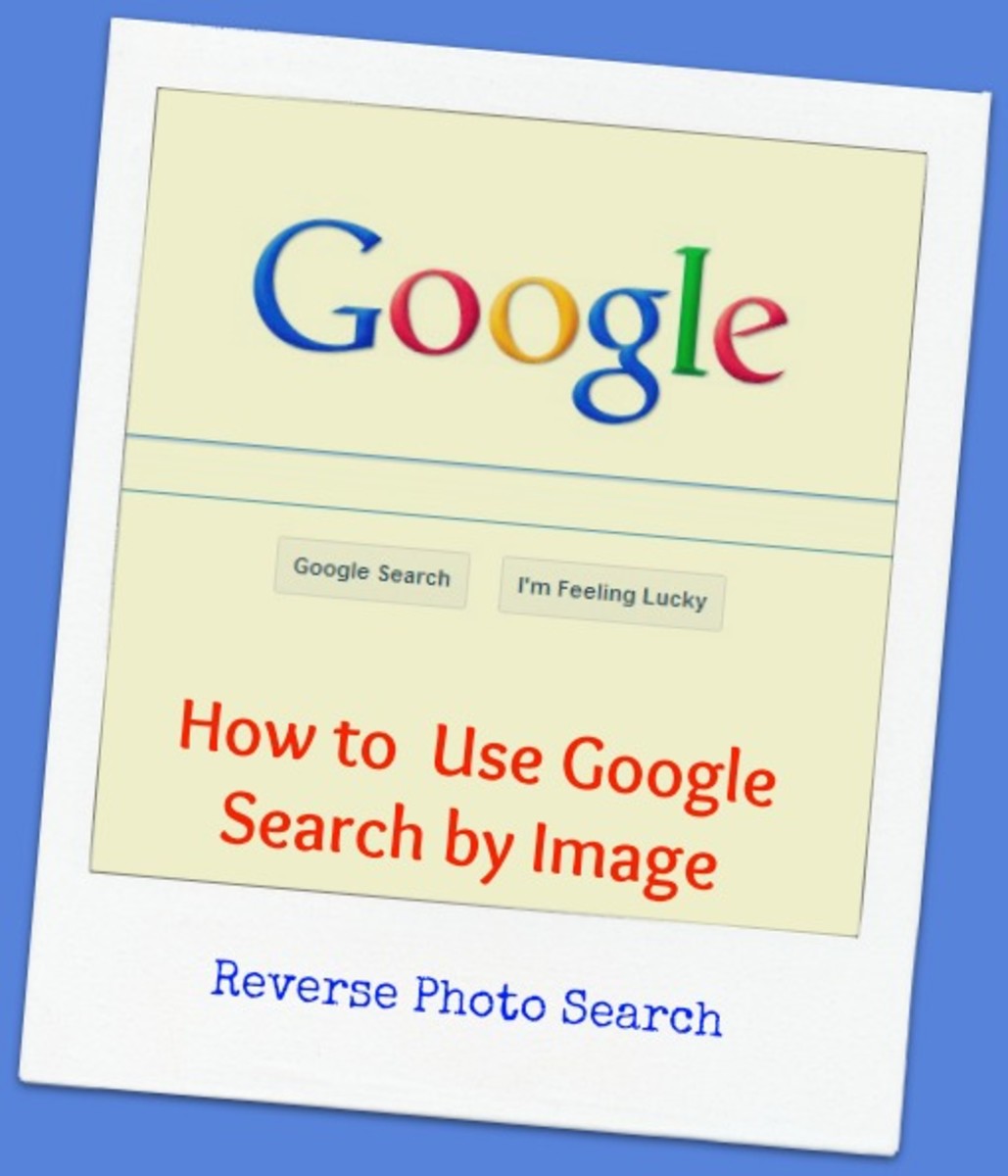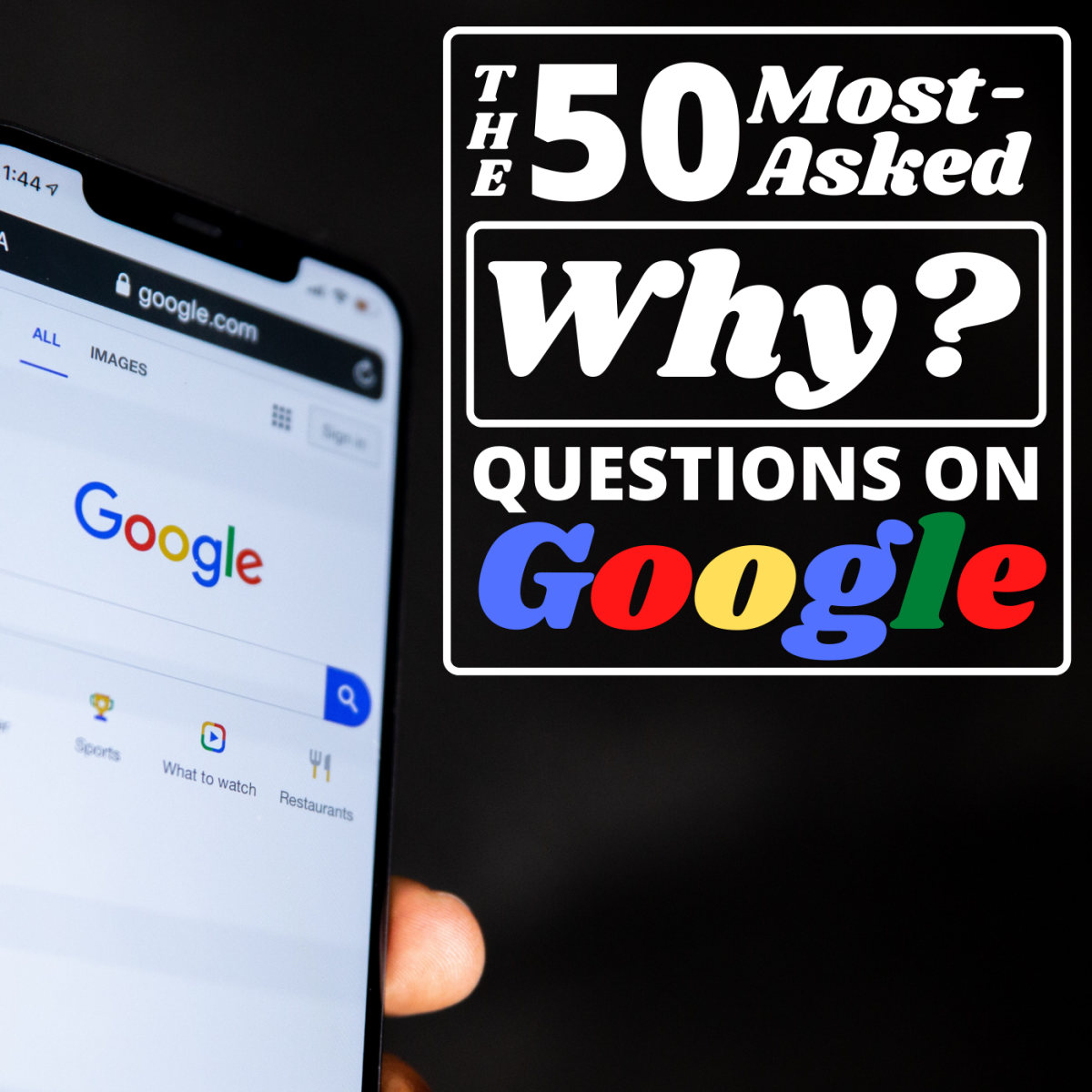- HubPages»
- Technology»
- Internet & the Web»
- Search Engines
How to Find Non Competitive Keywords

If you're reading this article, you're probably wondering how to get traffic to your web article or site. There is a lot of advice on this subject and through the years I've had to narrow down my methods, simplifying it from all of the various information on SEO on the Net. I'm just a guy, not a techie, so I had to figure this out on my own. The method I present in this article is what I've found to be the easiest and most affordable (no cost at all as long as you have access to a computer and Internet) way to find keyphrases that will garner views of your article.

Why Search-Friendly Titles?
My focus here is on Search Friendly Titles. Put another way, I'm focusing on what keyphrase you use for the title of your article.
This is very important because this is how you will actually get traffic. It is what people type into the query on Google to find your article. Other keywords in the article are important too; especially in the introduction in the article. But the title is most important. It is important that your content is substantial and substantive too. You can put much of your keyword in the content as long as you don't overdo it. It is good to use synonyms as the search engine looks for them when indexing articles.

Using Google Suggest to Find Keywords
Type a query into Google search in the form of a question. As a hypothetical let's use the phrase "What is the difference between Gelato and ice cream". As you type the query, even before you are finished, Google will pop up with a suggestion on what to query. Once a question pops up that seems satisfactory for your purposes, click on it.
Once you click on the auto suggestion it will go to the search results for that keyphrase. Now type in front of the keyphrase - allititle: - exactly like that. Do not leave a space between - allintitle: - and your keyphrase. In other words, it looks like this: allintitle:what is the difference between gelato and ice cream.
Hit search or enter/return and you will see what articles have that exact title. Often it will be very few articles with an exact match, depending. At any rate, it's a good sign if there are not many matches because this indicates low competition. The next thing to check is who the competition is. Typically if the competition is just forums or minor sites, you will have little difficulty getting a fairly decent position in the search results with your title, as long as your content is substantive and readable.
Next, go to ubersuggest and use their keyword tool to find out how much this keyphrase is even searched for on the Web. If no one is even looking for it, you most likely have a dud.

To sum up, you need a keyphrase in your article title that is searched for on the Internet and does not have strong and heavy competition, in order to have a good position in search results and, so, get traffic to your web article. To do this you have to employ methods for finding keyphrases and I prefer simpler inexpensive (free) methods to obtaining such titles so that I can get traffic and therefore earnings to my articles. The method I suggest generally works but you have to combine this method with writing well-written substantive content that people will want to read and not just bounce away from. Make your content engaging and easy to read, which means you have to know how to write and use a voice that is relatable and understandable.
Good luck in your journey in Internet content creation. Hope you do well.








